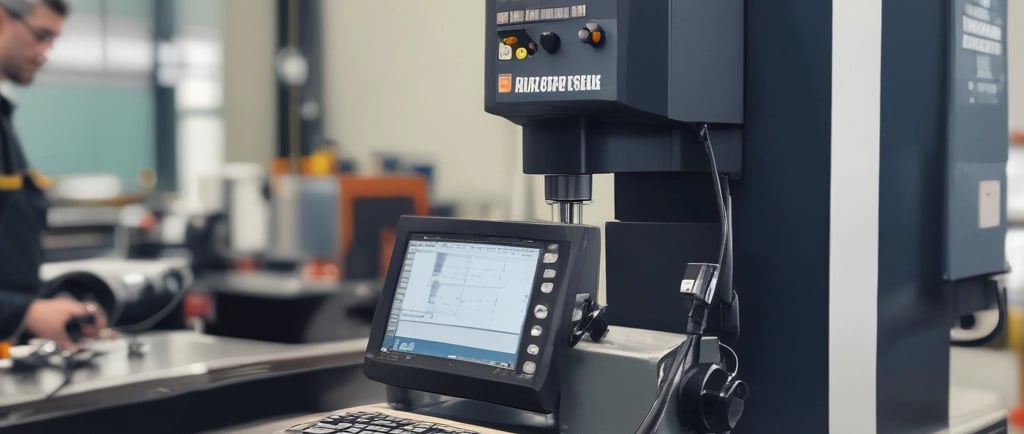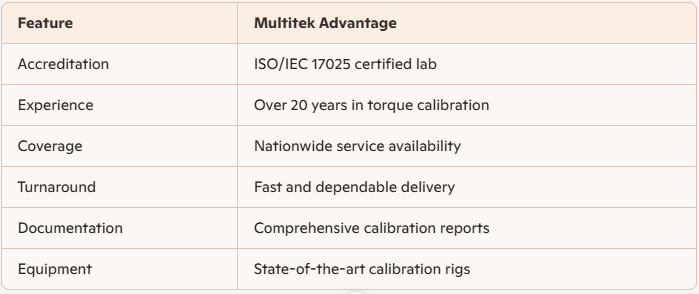UCI Hardness Tester: The Ultimate Guide to Ultrasonic Hardness Testing
In the world of non-destructive testing (NDT), precision and portability are paramount. Whether you're inspecting welds in the field or verifying the hardness of small, delicate components, the UCI Hardness Tester stands out as a game-changing solution.
INDUSTRIAL INSTRUMENTS
Admin
10/19/20252 min read


In industries where precision, speed, and reliability are non-negotiable, the UCI Hardness Tester has emerged as a revolutionary tool. Whether you're inspecting welds in the field, verifying surface treatments, or conducting quality control on delicate components, UCI technology offers unmatched versatility and accuracy.
This comprehensive guide explores everything you need to know about UCI hardness testing—from its working principles to its industrial applications, advantages over traditional methods, and tips for choosing the right tester.
What Is a UCI Hardness Tester?
UCI stands for Ultrasonic Contact Impedance, a non-destructive testing method used to measure the hardness of metals. Unlike conventional hardness testers that rely on visible indentations and large sample sizes, the UCI Hardness Tester uses ultrasonic vibrations to assess hardness quickly and with minimal surface damage.
Key Features:
Portable and lightweight
Instant digital readouts
Minimal surface impact
Suitable for complex geometries and small parts
How Does the UCI Method Work?
At the core of the UCI Hardness Tester is a vibrating rod with a diamond-tipped probe. Here's how it works:
The probe is pressed against the metal surface.
The device measures the frequency shift caused by the contact impedance between the probe and the material.
This shift is directly correlated to the material’s hardness and displayed on the screen in units like HV (Vickers), HRC (Rockwell), or HB (Brinell).
This method eliminates the need for microscopes or manual indentation measurements, making it ideal for on-site inspections and high-throughput environments.
Components of a UCI Hardness Tester
Modern UCI testers are engineered for precision and ease of use. Common components include:
Diamond-tipped probe: Ensures consistent penetration and accurate readings.
Digital display: Shows hardness values instantly.
Calibration settings: Allows adjustment for different materials and standards.
Data storage and export: Enables documentation and quality control.
Connectivity options: USB, Bluetooth, and cloud integration for seamless data management.
Industrial Applications of UCI Hardness Testing
The UCI Hardness Tester is widely used across industries due to its adaptability and precision. Here are some common applications:
Its ability to test small, thin, or irregularly shaped parts makes it indispensable in modern engineering and maintenance workflows.
UCI vs. Traditional Hardness Testing Methods
Traditional methods like Brinell, Rockwell, and Vickers are reliable but often impractical for field use or delicate components. UCI testers bridge this gap with precision and portability.
Choosing the Right UCI Hardness Tester
When selecting a UCI Hardness Tester, consider the following:
Material compatibility: Ensure the tester supports your target metals (steel, aluminum, titanium, etc.).
Measurement range: Check if it covers the required hardness scales.
Probe type: Micro probes are ideal for thin surfaces; standard probes suit general applications.
Data handling: Look for USB, Bluetooth, or cloud options for efficient data management.
Certifications: Ensure compliance with ASTM, ISO, and other relevant standards.
Brands like Qualitest, NOVOTEST, and Proceq offer reliable models tailored to various industrial needs.
Final Thoughts
The UCI Hardness Tester is more than just a tool—it’s a leap forward in non-destructive testing. Its precision, portability, and versatility make it an essential asset for professionals across aerospace, automotive, manufacturing, and beyond.
Explore our full range of UCI Hardness Testers at ucihardness.com and elevate your testing capabilities today.




Contact
Get in touch with our experts.
INDIA Development Center
201-208, 2nd Floor, Shri Krishna Complex, Opp. Gate No. 2,
Mahesh Apartments, Vasundhara Enclave,
Main Road, New Delhi–110096
Website: www.multitek.in | www.microvicker.com | www.mcpl.ai | www.scaletape.com | www.makemyspm.com | www.ucihardness.com
Tel: 011-41009005 | Mob: +91-7836009222, 7836009922
Email : service@multitek.in
© 2025. All rights reserved.
